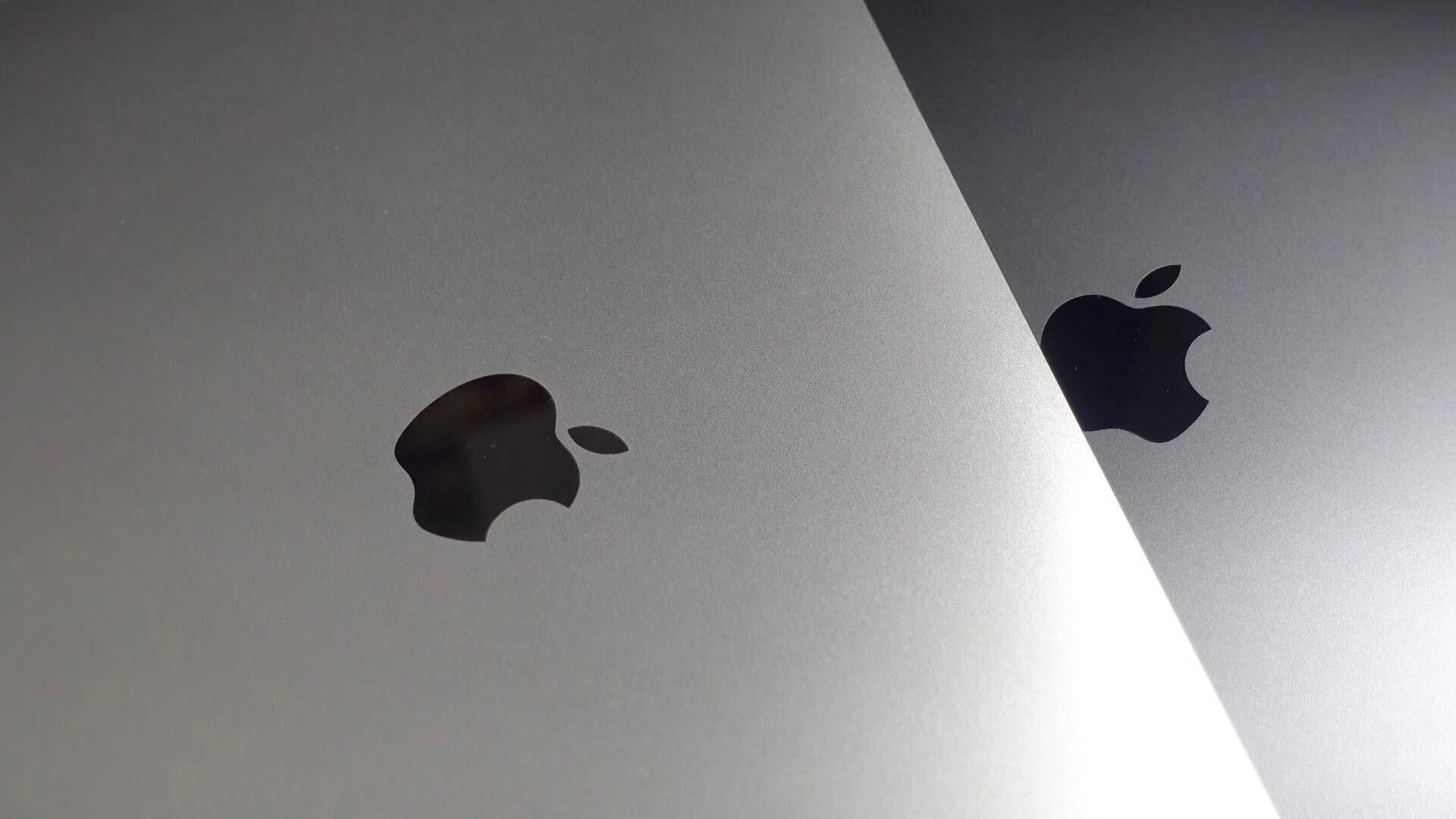
Google is now focused on making its iPhone and iPad apps feel more native to iOS
Google applications on iOS have long been criticized for not feeling native to the platform. Earlier this year, the company’s designers reviewed their approach for developing iOS apps and opted for a change.
Read More
